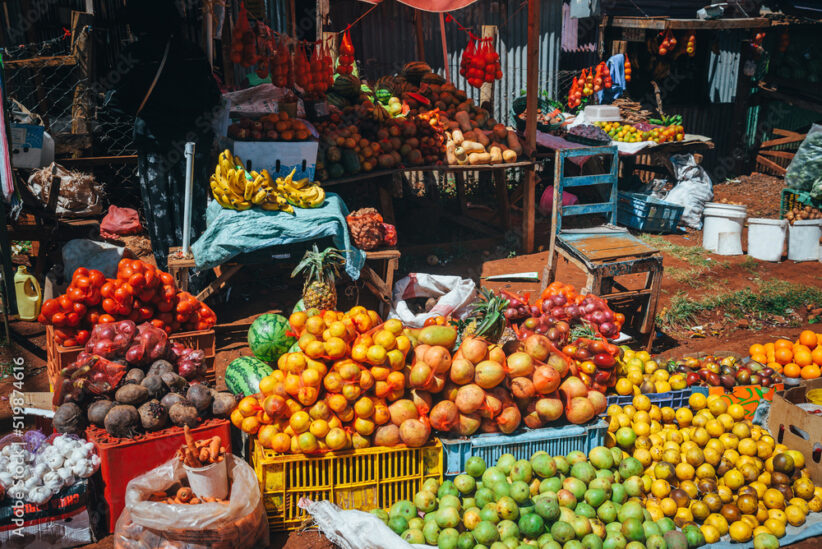In recent years, there has been a growing global awareness of the benefits of organic foods. As people seek healthier and more sustainable food options, organic produce has become a cornerstone of this movement. Africa, with its rich agricultural heritage and diverse ecosystems, plays a pivotal role in the organic food landscape. Consuming organic foods from Africa not only promotes personal health but also supports environmental sustainability, economic development, and cultural preservation.
Health Benefits of African Organic Foods
Organic foods are grown without the use of synthetic pesticides, herbicides, and fertilizers, which are commonly associated with conventional farming. This results in produce that is free from harmful chemical residues, making it a healthier choice for consumers. African organic foods, often grown in nutrient-rich soils, are packed with vitamins, minerals, and antioxidants. For example, organic moringa, baobab, and hibiscus are known for their high nutritional content and numerous health benefits, including boosting the immune system, reducing inflammation, and improving digestive health.
Environmental Sustainability
African organic farming practices emphasize sustainability and biodiversity. By avoiding chemical inputs, organic farmers help preserve soil health, reduce water contamination, and promote biodiversity. Techniques such as crop rotation, composting, and agroforestry are commonly used, which enhance soil fertility and reduce erosion. These methods contribute to the long-term health of the environment, ensuring that future generations can also benefit from the land’s resources.
Additionally, many African organic farms rely on traditional agricultural knowledge, which has been passed down through generations. This knowledge is often well-suited to local environmental conditions and contributes to the resilience of farming systems against climate change.
Economic and Social Impact
The demand for organic foods has created new economic opportunities for African farmers. By engaging in organic farming, small-scale farmers can access premium markets, both locally and internationally, which offer higher prices for their produce. This can lead to increased income and improved livelihoods for farming communities.
Moreover, organic farming can help reduce the costs associated with purchasing synthetic inputs, making it more accessible for small-scale farmers. By focusing on local resources and sustainable practices, farmers can achieve self-sufficiency and build more resilient agricultural systems.
Preserving Cultural Heritage
African organic foods are deeply intertwined with the continent’s cultural heritage. Many traditional African crops and farming practices are inherently organic, having been developed long before the advent of modern industrial agriculture. By choosing organic, consumers help preserve these traditional practices and promote the cultivation of indigenous crops, such as teff, millet, and sorghum. These crops are not only nutritionally valuable but also culturally significant, representing the agricultural heritage and culinary traditions of African communities.
Supporting Fair Trade
Many African organic food producers are part of fair trade initiatives, which ensure that farmers receive fair compensation for their labor. Fair trade practices also promote ethical labor conditions, community development, and environmental sustainability. By choosing organic foods from Africa, consumers support these initiatives, contributing to the well-being of farming communities and the equitable distribution of economic benefits.
Conclusion
Eating organic foods from Africa is a choice that goes beyond personal health. It supports environmental sustainability, enhances economic opportunities for farmers, preserves cultural heritage, and promotes fair trade practices. As the global demand for organic produce continues to grow, African organic foods offer a valuable and meaningful option for consumers who care about health, sustainability, and social justice. By incorporating these foods into our diets, we not only nourish our bodies but also contribute to a healthier and more equitable world






























